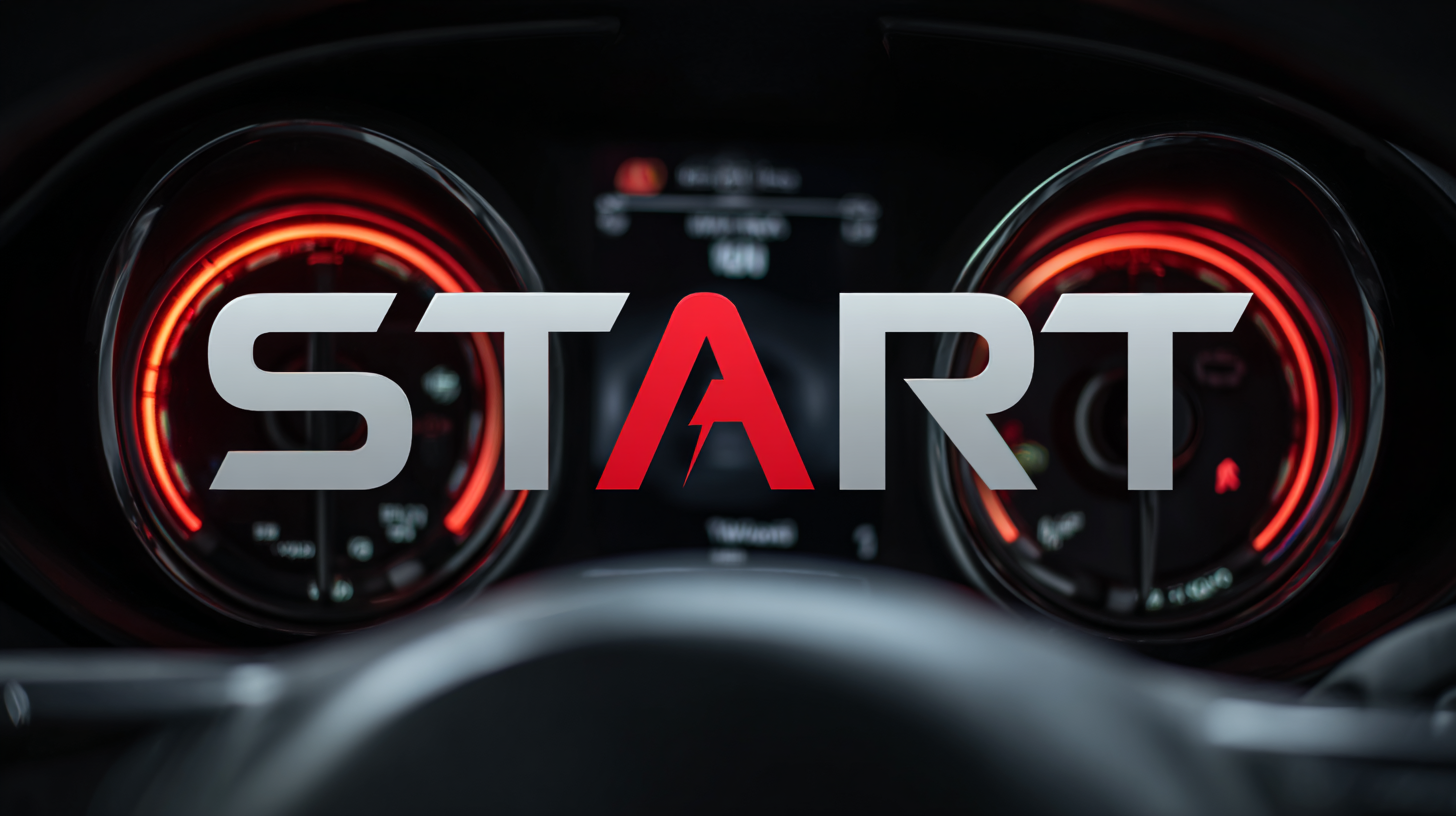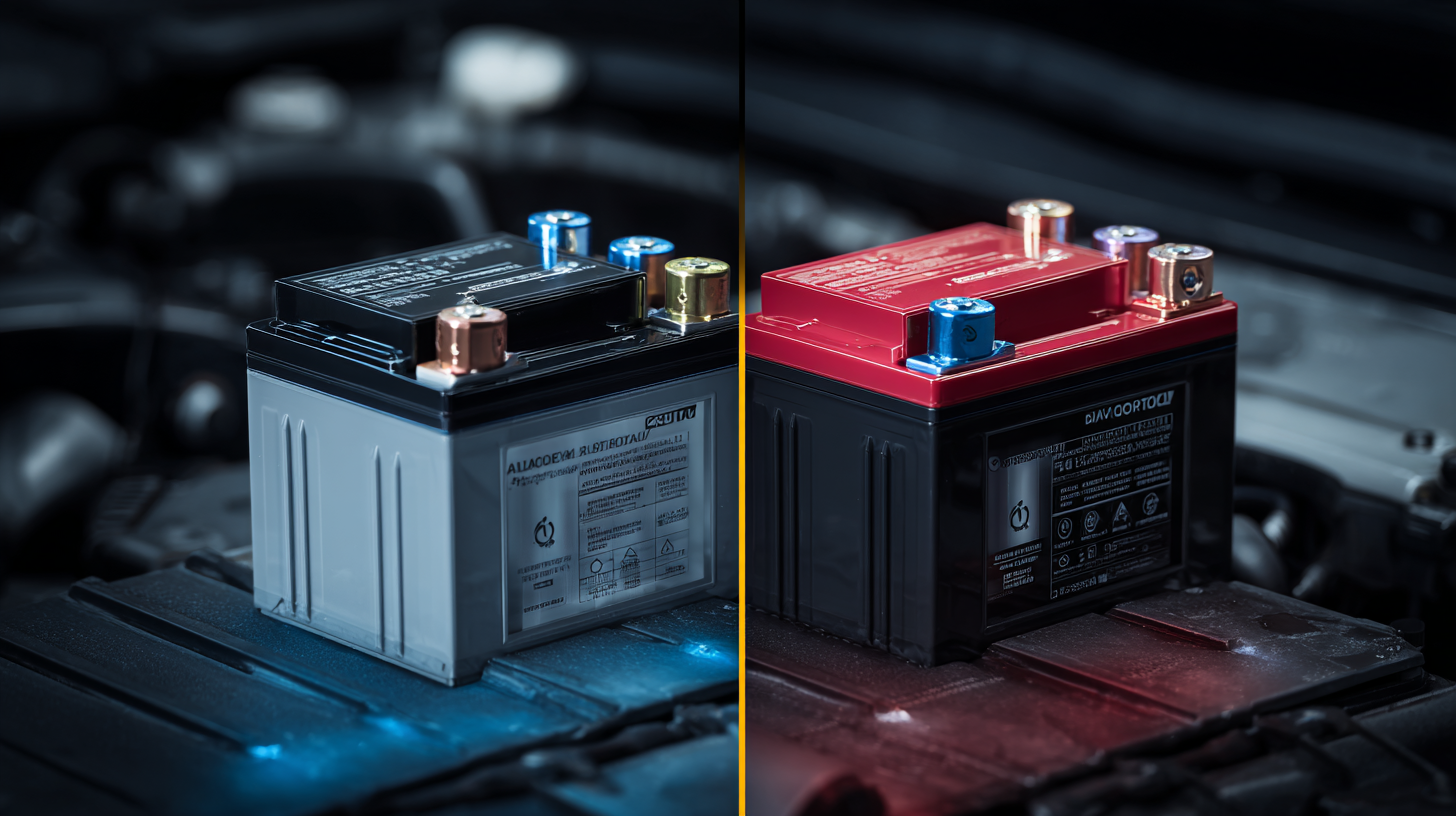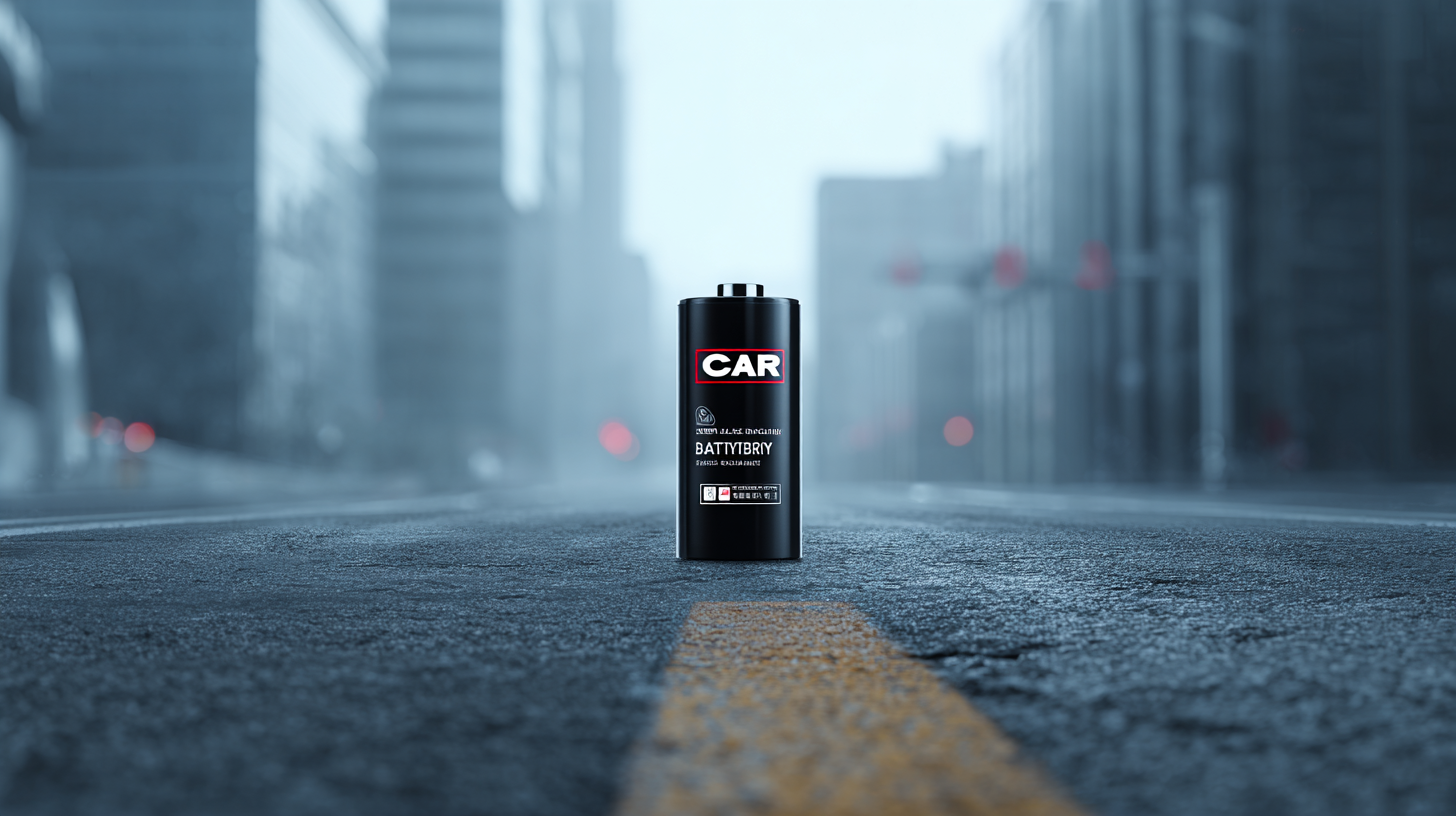Factory Tour
Real-World Applications of the Best Car Start Lithium Battery Across Industries
In recent years, the automotive industry has witnessed a significant shift towards more efficient and sustainable energy solutions, with the Car Start Lithium Battery emerging as a frontrunner. According to a recent market research report by MarketsandMarkets, the global battery market is projected to reach $100 billion by 2025, driven in part by the increasing demand for lightweight and high-performance batteries in vehicles. The growing adoption of electric vehicles (EVs) and the need for reliable power sources in various sectors, including automotive, aerospace, and marine, further emphasize the importance of lithium batteries. As industries look for efficient solutions that enhance performance while reducing carbon footprints, understanding the real-world applications of Car Start Lithium Batteries across different domains becomes essential. In this blog, we will explore these applications, considering the latest industry trends and providing a comprehensive checklist for their implementation.

Real-World Applications of Lithium Batteries in Automotive Industry Enhancements
The automotive industry has witnessed significant advancements with the integration of lithium batteries, particularly in enhancing vehicle performance and sustainability. These batteries offer high energy density, lighter weight, and faster charging capabilities compared to traditional lead-acid batteries. As a result, they enable vehicles to achieve longer ranges and improved acceleration, transforming how we perceive electric and hybrid vehicles. Manufacturers are increasingly adopting lithium technology not only to meet consumer demands for efficiency but also to comply with environmental regulations pushing for reduced emissions.
Moreover, lithium batteries play a pivotal role in the development of innovative vehicle features. From advanced driver-assistance systems (ADAS) to infotainment technologies, these batteries support the high power requirements necessary for modern automotive functionalities. This synergy between lithium batteries and automotive technology enhances safety, connectivity, and user experience, making cars not just modes of transportation but smart, integrated tools in our daily lives. As automotive technology continues to evolve, lithium batteries are set to be at the forefront, driving the next wave of innovations in sustainability and efficiency.
Impact of Lithium Batteries on Electric Vehicle Performance and Efficiency
The impact of lithium batteries on electric vehicle (EV) performance and efficiency is significant, as evidenced by numerous industry reports. According to a study by the International Council on Clean Transportation (ICCT), EVs equipped with advanced lithium-ion batteries can achieve over 90% energy efficiency, compared to traditional internal combustion engines, which typically operate at only 20-30% efficiency. This remarkable efficiency not only reduces overall energy consumption but also extends the driving range of electric vehicles significantly, with many models surpassing 300 miles on a single charge.

Moreover, the weight-to-energy ratio of lithium batteries plays a crucial role in enhancing vehicle performance. A report from the U.S. Department of Energy indicates that lithium-ion battery technology has achieved energy densities of up to 250 Wh/kg, which allows manufacturers to design lighter vehicles without sacrificing power. This reduction in weight translates into faster acceleration and improved handling characteristics, making EVs more appealing to consumers. As the industry continues to innovate, the adoption of lithium batteries promises to not only enhance the performance and range of electric vehicles but also drive the transition towards more sustainable transportation solutions.
Comparative Analysis: Lithium Batteries vs. Traditional Lead-Acid Batteries in Various Applications
When comparing lithium batteries to traditional lead-acid batteries across various applications, the advantages of lithium technology become increasingly evident. One of the most significant differences lies in energy density; lithium batteries typically offer higher energy density, which translates to lighter weight and more compact designs. This is particularly beneficial in automotive industries where space and weight savings can enhance performance and efficiency. In addition, lithium batteries demonstrate superior charge cycles and longevity, usually lasting several years longer than their lead-acid counterparts, resulting in lower long-term costs despite a higher initial investment.
Moreover, lithium batteries exhibit faster charging times and greater efficiency in energy transfer. In applications such as electric vehicles and renewable energy storage systems, this efficiency is crucial. While lead-acid batteries can take several hours to charge fully, lithium batteries can often be charged to 80% capacity in a fraction of that time. This rapid charging capability opens up new possibilities for use in high-demand scenarios, such as in fleets of electric vehicles or during peak energy usage times in industries reliant on renewable sources. Thus, the shift towards lithium technologies signifies not just an upgrade in battery life and performance but also a transformative change across various sectors, enhancing operational efficiency and sustainability.
Real-World Applications of Lithium Batteries vs. Traditional Lead-Acid Batteries
This chart compares the performance and applications of Lithium batteries and traditional Lead-Acid batteries across various industries, showcasing the advantages of adopting Lithium technology.
Case Studies: Success Stories of Lithium Battery Implementations Across Different Sectors
Lithium batteries are revolutionizing multiple industries, showcasing their versatility and efficiency through various successful case studies. One standout example is in the automotive sector, where a leading electric vehicle manufacturer implemented advanced lithium battery technology to enhance vehicle performance and range. By switching from traditional lead-acid batteries to lithium-ion packs, they achieved a 30% increase in energy density, significantly extending the driving range. This move not only elevated the brand’s market position but also contributed to a reduced carbon footprint, making electric vehicles more appealing to environmentally conscious consumers.
Another compelling case is found in renewable energy storage solutions. A large-scale solar farm utilized lithium batteries to store excess energy generated during peak sunlight hours. By integrating these batteries into their system, they effectively managed energy distribution, providing power during low-sunlight periods. This implementation not only optimized energy use but also demonstrated the ability of lithium batteries to support grid stability and facilitate the transition towards a more sustainable energy ecosystem. Such successful deployments highlight the transformative potential of lithium battery technology across diverse sectors, paving the way for future innovations.
Real-World Applications of the Best Car Start Lithium Battery Across Industries - Case Studies
| Industry | Application | Benefits Achieved | Challenges Overcome |
|---|---|---|---|
| Automotive | High-performance start-stop systems | Improved fuel efficiency, reduced emissions | Temperature fluctuations, weight management |
| Marine | Powering small boats | Lightweight, high energy density | Corrosion resistance, charging time |
| Aerospace | Backup power systems | Increased reliability, reduced weight | Safety regulations, battery testing |
| Renewable Energy | Energy storage systems | Enhanced energy retrieval, sustainability | Cost of investment, scalability |
| Emergency Services | Power supply for rescue equipment | Reliability, longevity during emergencies | Availability under extreme conditions |
Future Trends: Innovations in Lithium Battery Technology Shaping Industry Standards
The rapid evolution of lithium battery technology is not only reshaping the automotive industry but is also impacting various sectors globally. According to the International Energy Agency (IEA), electric vehicles (EVs) are projected to make up 30% of new car sales by 2030, driven by advancements in battery energy density and cost efficiency. Innovations such as solid-state batteries, which are anticipated to outperform traditional lithium-ion cells in terms of safety and energy capacity, are paving the way for longer-range electric vehicles. Research from BloombergNEF suggests that by 2040, the lithium-ion battery market could reach 2,000 GWh, marking a significant leap in adoption and technological advancement.

Moreover, industries such as aerospace and renewable energy are also leveraging lithium battery technology for improved performance. A report by the Battery Associates predicts that the integration of battery management systems and advanced materials could enhance lifespan and charging speeds by 50% in the next decade. With major companies investing in research and development, the push towards solid-state batteries and alternative chemistries is likely to set new industry standards. This shift points to a future where higher efficiency and sustainability drive not just the automotive sector but also create a ripple effect in other industries reliant on cutting-edge energy storage technologies.







